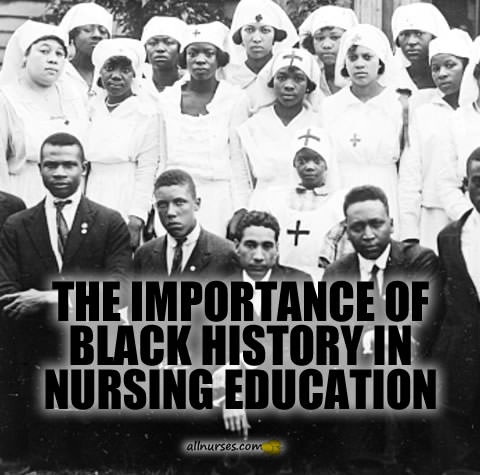
(Image: 1920, Library of Congress, Negro Red Cross Canteen, Meridian, Mississippi)
Forty-five years ago, President Gerald Ford declared February as Black History Month to recognize the many accomplishments of prominent Black Americans throughout history. Black History Month also highlights the experiences of African Americans from 1619 when the first African slaves arrived in the United States to the present day. In nursing, we traditionally celebrate the memory and work of well-known African American nurses like, Sojourner Truth and Harriet Tubman, but fail to acknowledge racism and the atrocities imposed upon the bodies of Black Americans for the sake of science. Black history is American history. It is nursing history.
Nursing educational programs not only create and shape nursing practice, but thought. Interweaving Black history into the nursing curricula is the first step in decolonizing nursing curricula and reducing implicit bias in healthcare today. As nurses, we must be aware that patients are people first with unique experiences, backgrounds and history.
It is more important now than ever that nurses understand the history of African Americans, their relationship with the medical community, and why some African Americans still fear going to hospitals or getting vaccines. The fear is real. It is Iatrophobia or the fear of a medical examination, harm, exploitation and/or mistreatment.
Perhaps some historical accounts can shed some light as to why some African Americans avoid the healthcare system. From 1619 to 1730, African American slaves were treated as property, receiving little to no medical treatment. In the mid-1800s, James Marion Simms performed gynecological techniques on Black women without anesthesia or their consent in order to perfect his surgical techniques and to get published in medical journals. In 1913, sterilization laws were enforced. Anyone declared to have a mental illness could be sterilized. African Americans were four times more likely to be sterilized than their white counterparts. In 1932, the United States Public Health Service performed a study on sharecroppers in Tuskegee, Alabama to understand the effects of syphilis on Black men without their consent. This experiment known as the Tuskegee Experiment lasted for 40 years. The men remained untreated even though there was treatment available. The treatment was penicillin. These are only a few accounts of systemic racism in healthcare throughout history.
Time cannot erase the indelible effects of medical apartheid. Mistrust persists today even as we battle Covid-19. Currently, reports show that rates of Covid-19 are three times higher among African Americans, yet many refuse to get vaccinated for the virus. According to the Pew Research Center, only 42% of African Americans state that they would get the vaccine compared to 61% of Whites. History provides insight into why some African Americans mistrust healthcare. Can we blame their skepticism? Perhaps not.
The vestiges of medical racism stain the memories of many African Americans for generations. As frontline workers and trusted professionals, it is key that nurses be aware of the sorted history of medicine and the African American community. Contextualizing culture creates compassion. Understanding history is the first step in that process.
References
Bennett, C., Hamilton, E. K., & Rochani, H. (2019). Exploring race in nursing: Teaching nursing students about racial inequality using the historical lens. OJIN Online J Issues Nurs, 24(2).
Funk, C. & Tyson, A. (3 December 2020). Intent to Get a COVID-19 Vaccine Rises to 60% as Confidence in Research and Development Process Increases. https://www.pewresearch.org/science/2020/12/03/intent-to-get-a-covid-19-vaccine-rises-to-60-as-confidence-in-research-and-development-process-increases/
Hollander, M. A., & Greene, M. G. (2019). A conceptual framework for understanding iatrophobia. Patient education and counseling, 102(11), 2091-2096.
Joyner, T. & Lee, J. S. (20 April 2020). Health and race disparities in America have deep roots: A brief timeline. https://www.freep.com/story/news/local/michigan/2020/04/20/timeline-health-race-disparities/5145641002/
Minority Nurse. (2017). Reflecting on Black History Month and Nursing. https://minoritynurse.com/reflecting-on-black-history-month-and-nursing/
Washington, H. A. (2006). Medical apartheid: the dark history of medical experimentation on Black Americans from colonial times to the present. New York: Doubleday.

.jpg?width=1920%26height=1080%26fit=bounds&key=735b0117c4467dbfda773b3e669b88ed48cbd3233dc0dc826ab6e841932c592c)

herring_RN, ASN, BSN
3,651 Posts
Is this the one? That is my husband, daughter and the Brother-in-law who has since died. He was a retired airplane mechanic. and a good man, fun to be with.